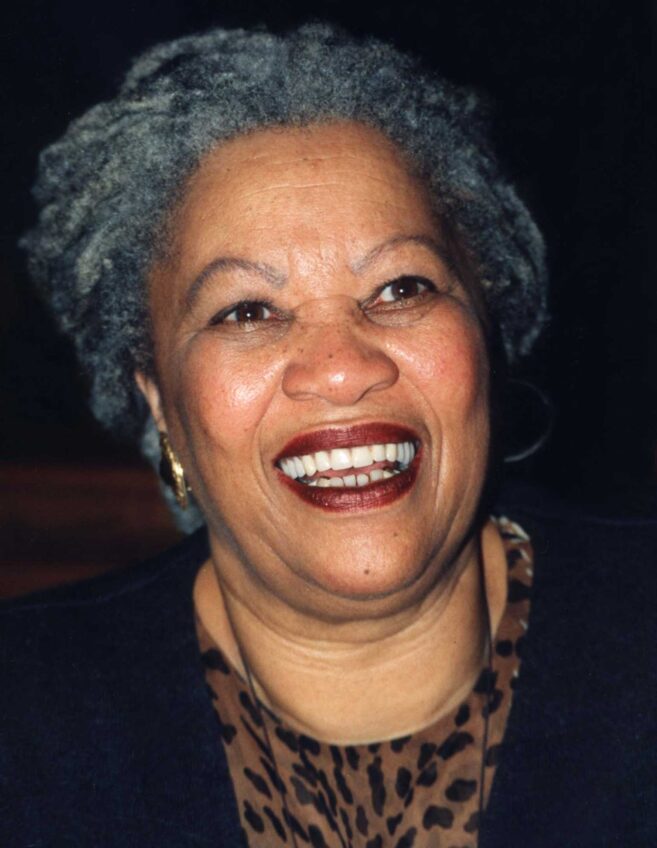The struggle to get president-elect Joe Biden to the finish line first with 270 electoral college votes was unquestionably an epic battle.
However, Joe’s battle wasn’t a century-long one like women finally winning the right to vote in 1920 with the 19th Amendment, hoping a female would one day be elected to one the highest offices in government. The fact that Vice President-elect Kamala Harris broke through the 18 million cracks in the glass ceiling in 2020 is both exciting and inexcusable.
The exciting news, which came Saturday afternoon, announcing Harris as the country’s next VP, had some of my sister-friends verklempt, struggling to contain their tears, as many of us saw with CNN commentator Van Jones. Others of us gathered to celebrate and shout “Mamala in the house!” and “Madame Vice President” as we drank too much Jamaican rum punch and danced, socially distanced, to the Reggae sounds of Jimmy Cliff and Bob Marley and the Wailers, honoring the Jamaican part of Harris’s heritage.
Harris’ ascension to the vice presidency, sadly, represents several underrepresented demographic groups in U.S. politics. In other words, Harris represents many firsts: woman, Black, Indian American, child of immigrants, HBCU graduate, and if there are more, forgive me.
The first time a woman was nominated by a major national party to run for one of our government’s top spots was the vice president’s office. In 1984, Queens, New York Rep. Geraldine Ferraro was Water Mondale’s running mate, the then-Democratic presidential hopeful. The daughter of Italian immigrants, Ferraro, like Harris, represented many firsts: woman, Italian-American, and feminist. “We’ve come too far on the path to equality, we can’t let them turn us around now,” is one of Ferraro’s famous quotes.
Twenty-four years would elapse before the next woman was nominated to run as a V.P. candidate, former Alaska governor Sarah Palin in 2008. Palin ran on the Republican ticket with then-presidential hopeful Arizona Sen. John McCain. Palin was the first Republican nominee and second female. I surmise there is some consolation to know that the time between Palin and Harris running for V.P. took half the time between Ferraro and Palin — 12 years. Elated to see a woman finally win the V.P. spot, Palin in an Instagram post gave a shout-out conveying her good wishes to Harris:
“Congrats to the democrat V.P. pick. Climb upon Geraldine Ferraro’s and my shoulders, and from the most amazing view in your life consider lessons we learned” and “don’t forget the women who came before you.”
The woman who paved the way for women and other underrepresented demographic groups in U.S. politics to step into the political arena was Congresswoman Shirley Chisholm. I grew up knowing Chisholm. We kids called her “Mrs. C.” Chisholm represented my Brooklyn Congressional district for seven terms from 1969-1983. She was known throughout the neighborhood and the halls of power in NYC as a force to be reckoned with who was “unbought and unbossed,” also the title of her 1970 memoir.
In 1972, Chisholm was the first female and person of color to run for president, and on the Democratic ticket, paving the way for others. In her 1973 book, “The Good Fight,” Chisholm shared why she ran.
“I ran for the presidency, despite hopeless odds, to demonstrate the sheer will and refusal to accept the status quo. The next time a woman runs, or a black, or a Jew or anyone from a group that the country is ‘not ready’ to elect to its highest office, I believe that he or she will be taken seriously from the start … I ran because somebody had to do it first.”
Black women have paved the way for women and other underrepresented demographic groups in U.S. politics, too. As a voting bloc, we are the DNC’s strength, and we know the paths we’ve paved for others. We take pride in our agency and voting-mobilization strategies to help candidates like Barack Obama and now a Biden-Harris team to get to the finish line. And we celebrate these achievements.
This 2020 presidential race has been an epic battle to win back our multicultural democracy. This weekend, my sister-friends and I will gather again to celebrate, this time Diwali, an Indian festival of lights, symbolizing the triumph of light over darkness. It’s a timely celebration to embrace the new direction the country will be going in, and to honor the Indian part of Harris’ heritage, too.
Irene Monroe is a theologian and news commentator.




